HASS Research Institutes, Newcastle University
Pioneer Awards 2021
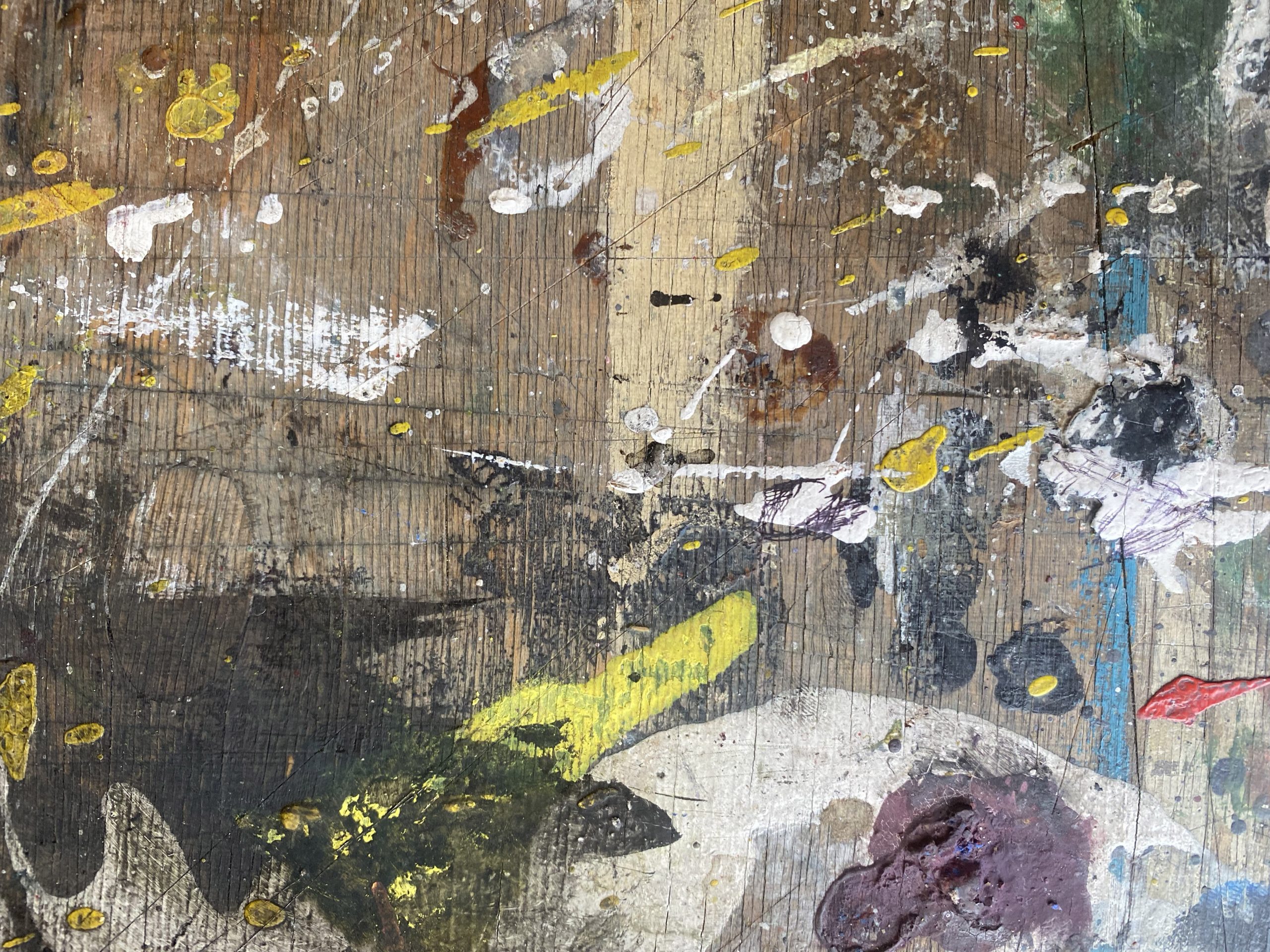
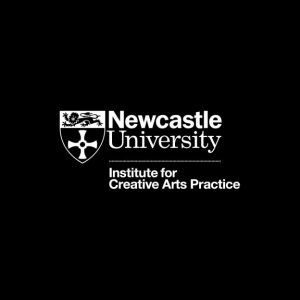
Makeshift: New Sites of Studio Production
We are very excited to be awarded the Pioneer Award 2021 of the Institute of Creative Arts Practice at Newcastle University. The aim of the project is to create a digital platform and network, opening up new sites of Art School studio production in order to 1) enable artists and students to sustain a studio practice remotely and 2) to foster an international network of studio-based courses. The focus on ‘makeshift’ or virtual studio communities is a response to the COVID situation that forced art schools to rethink radically the nature and purpose of studio provision and the impact of homeworking environments on emerging creative practice. The project is also a reaction against increasingly segregated and nationalistic tendencies in education (e.g. removal of Erasmus scheme) and the potential for art projects to transgress some of these barriers to learning.
Dirty Practice/ Studio Practice from Home
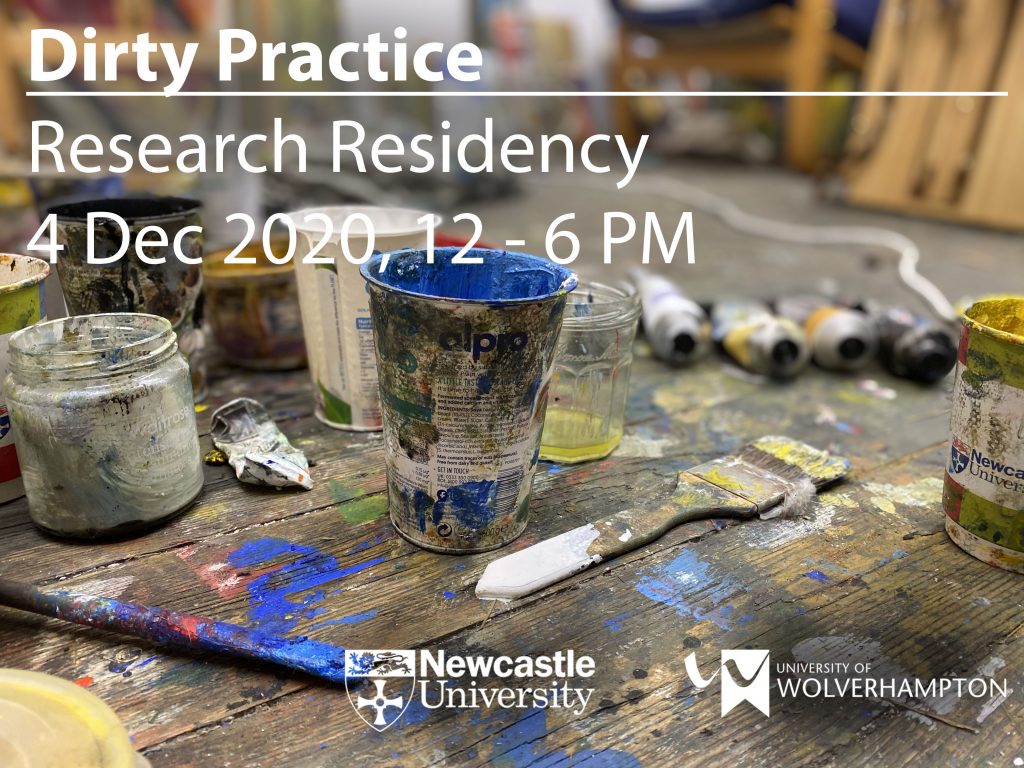
Fri 4 Dec 2020, 12- 6 PM
The omnipresence of homeworking has become one of the key features of life in recent months as a consequence of the pandemic. Artists work in makeshift studio spaces at home whilst cooking the tea, caring for family or being confined to a bedroom where they eat, sleep, socialise and ostensibly work – in this context questions of the studio space and practices needs to be reviewed.
As part of this Dirty Practice event we continue to focus on close interconnections between practices, art education and space. We wish to ask to what extend the new situation impacts on opportunities to build communities, give a sense of belonging and allows for the appearance of digital ‘messy spaces’.
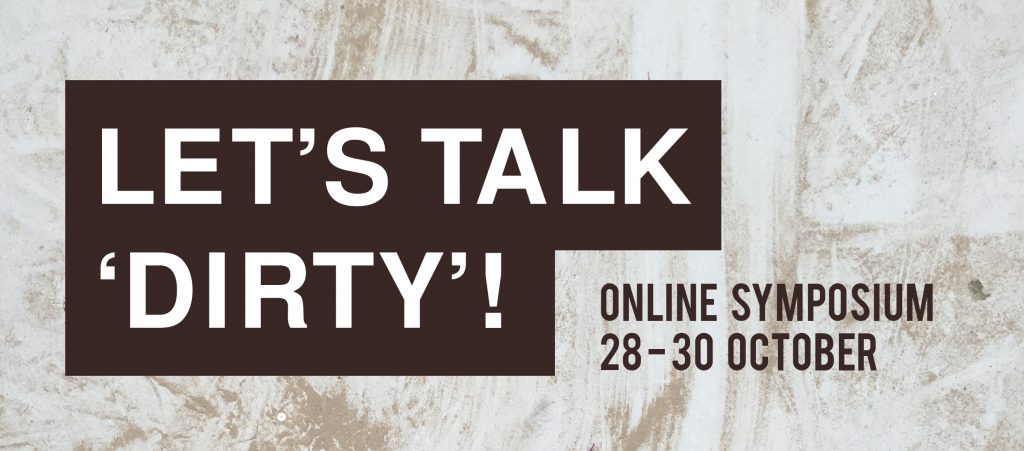
Let’s Talk ‘Dirty’!
Loughborough University
An online symposium that brings together a wide range of researchers, practice-researches and artists united in their study of ‘dirty’ matters. Spread across three days, with four panels on the following themes: Gender and Sexual Politics, Place and the Institution, Geographies and Ecologies, and Materialities. While some talks will approach the subject by interrogating classificatory systems, others will look closely at the materiality of ‘dirt’ itself.
See Link: Let’s Talk ‘Dirty’
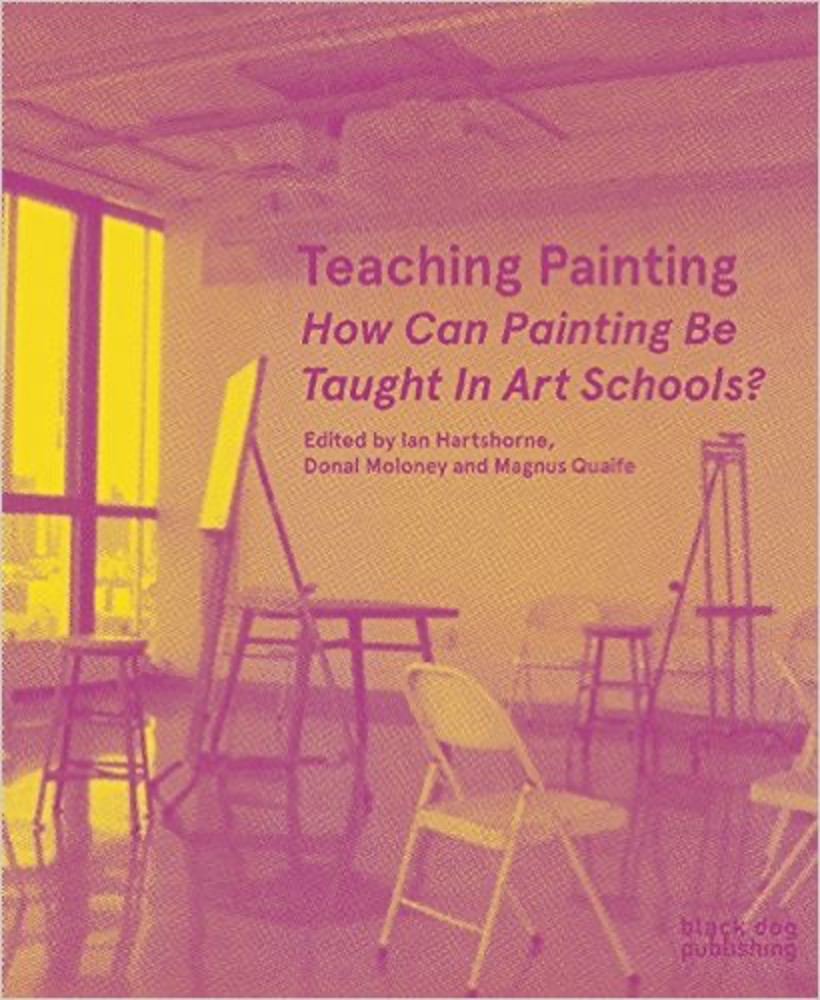
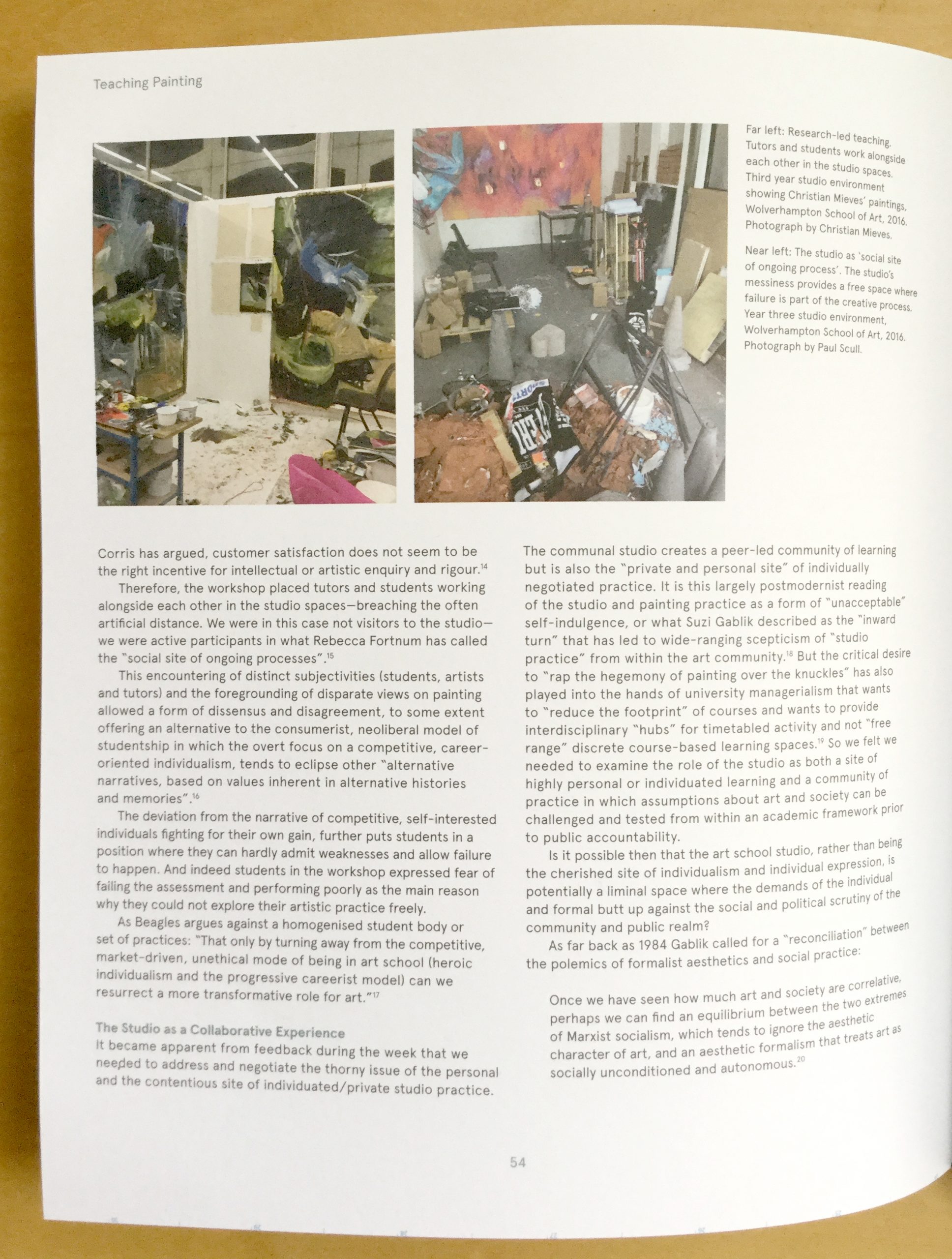
Publication, ‘Dirty Practice: A Painting Workshop and the Hidden Curriculum’
Maggie Ayliffe and Christian Mieves: ‘Dirty Practice: A Painting Workshop and the Hidden Curriculum’,
in Teaching Painting: How Can Painting Be Taught in Art Schools? by Ian Hartshorne, Donal Moloney, Magnus Quaife (eds)
The ways in which painting is taught within art schools and academies has, in recent years, undergone several significant changes. As the barriers between media eroded into more fluid borders, art schools have responded by adapting and evolving. Many painting departments have been absorbed into general Fine Art courses but specialist painting courses and pathways still continue to be developed. How have these courses defined and redefined themselves to reflect the current artistic landscape and how can painting maintain an identity within non-specialist approaches? ‘Teaching Painting’ addresses the historical, theoretical, pedagogical and continually shifting methods of how the medium is taught.
